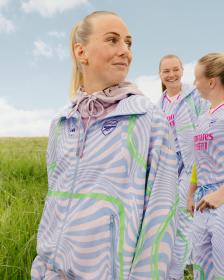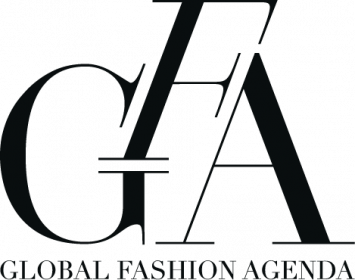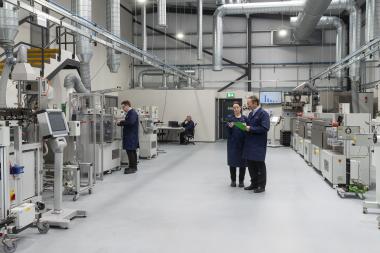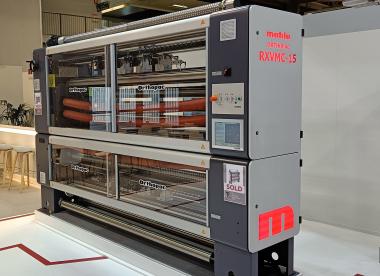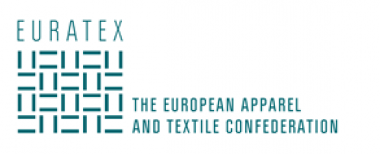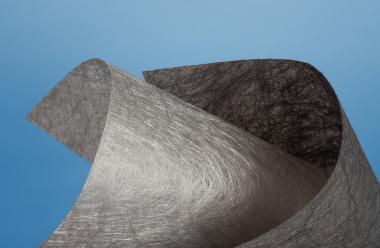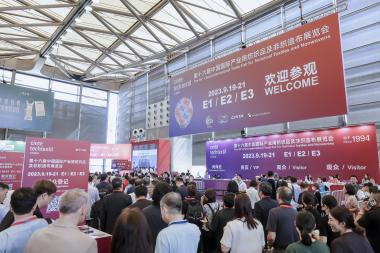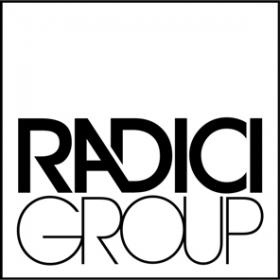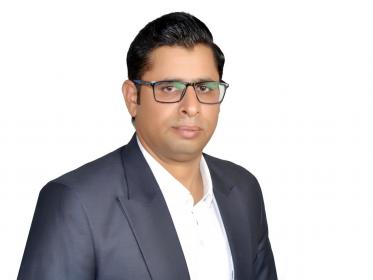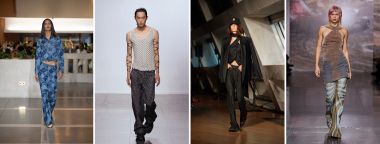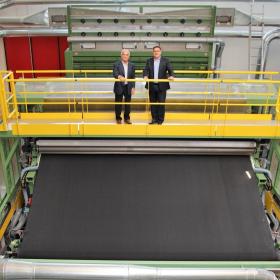adidas and Arsenal unveil first away kit with Stella McCartney
- The new high-performance away kit design blends bold geometric prints with shades of halo pink and soft, pastel glow blue, pushing the boundaries of on-pitch sport style.
- The limited-edition range includes a gender-neutral game-day match shirt as well as comfort-first off-pitch pieces for pre- and post-match travel.
adidas and Arsenal have launched the next chapter of their collaboration with Stella McCartney, by revealing the first away kit and travel range for Arsenal Women.
The limited-edition range is designed to support Arsenal Women both on and off the pitch and includes a range of structured silhouettes including a jersey, shorts and stylish travel wear pieces such as a full zip jacket with neon accents, track-style pants, and an oversized tee. As the hero piece of the collection, the striking away shirt takes centre stage thanks to the fusion of geometric patterns with color-blocking accents of halo pink and glow blue. The shirt also features AEROREADY technology, which uses sweat-wicking and absorbent materials to keep players feeling dry.
Key pieces are crafted with at least 47% recycled polyester and 100% organic cotton as part of adidas' ambition to help end plastic waste.
adidas AG


